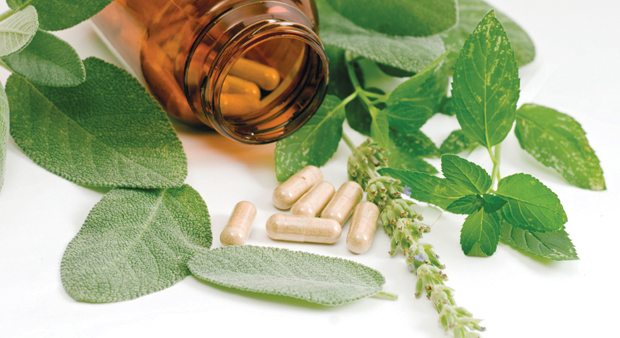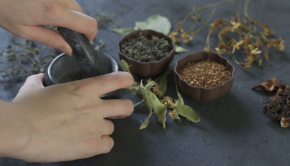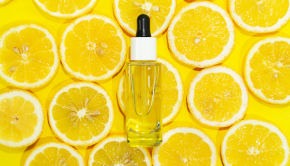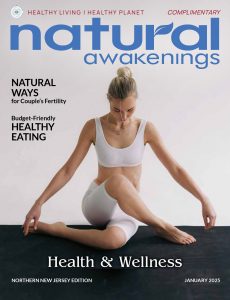Revving Up Our Immune System Against Influenza
Anyone using herbal remedies should become familiar with which herbs can be used and how to use them safely. Using some easily understood basics, we can help ourself and our family prevent or shorten the duration of the cold and flu viruses that crop up this time of year.
Herbs
Common herbal choices are oregano, garlic, olive leaf, Echinacea, rosemary and astragalus. Oregano oil gel caps are popular. Garlic can be eaten, but capsules lack the aroma. Astragalus is traditionally used in China. Most of these herbs have antibacterial and antiviral properties. We need something that disarms a virus.
There is a long history of the use of herbs, which attests to their effectiveness. This knowledge has been passed on from one person to another, often from a shaman to his initiates in herbal wisdom, considered sacred knowledge because of its power to heal.
The “more is better” mindset can get us into trouble when using herbs medicinally, because using more than the recommended dosage can be harmful. Never combine herbs with prescription medications.
Herbal preparations are available as teas, tinctures, capsules and tablets. The dried parts of the plants make up a tea that should be soaked in hot water at least 10 minutes to make what is called an infusion. Typically, this infusion should be consumed three times a day to be effective.
Tinctures are made by soaking chopped up herbs in alcohol, such as vodka, for at least three weeks. Alcohol is used because it is a solvent, able to work on woody parts of plants to release what is desired. Glycerine can also be used, but it is not a solvent, and so less effective. Glycerine is used in children’s remedies that are also available to people that want to avoid alcohol. When the soaking is over, the mixture is strained into dropper bottles. A dosage is typically one milliliter, the amount we get when we draw the liquid into the dropper, which is also equal to about 20 drops. Check the dosage on the labels.
Tablets containing herbs are convenient, but capsules or gel caps provide a more easily digestible form and manufacturers don’t have to disclose what they use to bind the tablet together. That goes for supplements, as well.
Combination remedies are popular and can be a cost-effective way to take a number of herbs without having to swallow a lot of capsules or buy separate bottles of tinctures. Echinacea is a well-known herb, and is most effective in combination with other herbs that boost immunity. Herbs sometimes work better synergistically, one boosting the other to become more effective together.
Supplements
Monolaurin is an antiviral supplement that research shows can disrupt the sugar and protein coating on certain bacteria called gram positive. This coating of sugar and protein keeps the immune system from recognizing the invader. Once the disruption occurs, the cell can’t replicate and the immune system can get to work. Another choice is ViraStop, by Enzymedic,a that uses enzymes to dissolve the protein coating of viruses. Follow directions for dosage.
A lot of people think of vitamin C when they think of trying to prevent a cold. There are various forms of vitamin C, which is ascorbic acid. Ester-C is a patented, buffered form of vitamin C. Buffering makes it less acidic in the body, which may already be too acidic. An overly acidic body is more desirable to invaders. Some supplements are simply labeled as buffered C. Vitamin C is a water-soluble supplement, meaning it won’t stay in the body very long and we need frequent doses during the day. A way around this is to use a product called Pureway C, which has a fat component, making it available in the body longer.
Vitamin D is well-known as a supporter of bone health. In recent years, however, it is gaining recognition as a potent immune system supporter. Our body can make approximately 10,000 units of vitamin D if we are in the sun about 20 minutes without any lotion blocking the skin. Under the skin’s outer layer is a fatty layer where the body uses sunlight to make its own natural form, D3.
Supplement companies may use a cheaper, synthetic form of vitamin D called D2, but it won’t be as effective. Plus, synthetic forms of vitamins may be more likely to cause toxicity. We may choose to use 1,000 units of D3 or none in the summer if you are out in the sun. In the winter, people don’t get much sun, so using 5,000 units daily is still reasonable.
Whatever our choices of herbs or supplements, don’t forget that we need to act at the first sign of a cold or flu for these remedies to have a chance to be helpful. Don’t wait to be fully under the influence to give the immune system some help. As soon as there are signs of a sore throat or sinus distress, act. We may not prevent the illness altogether, but could lessen the impact and shorten the duration.




























